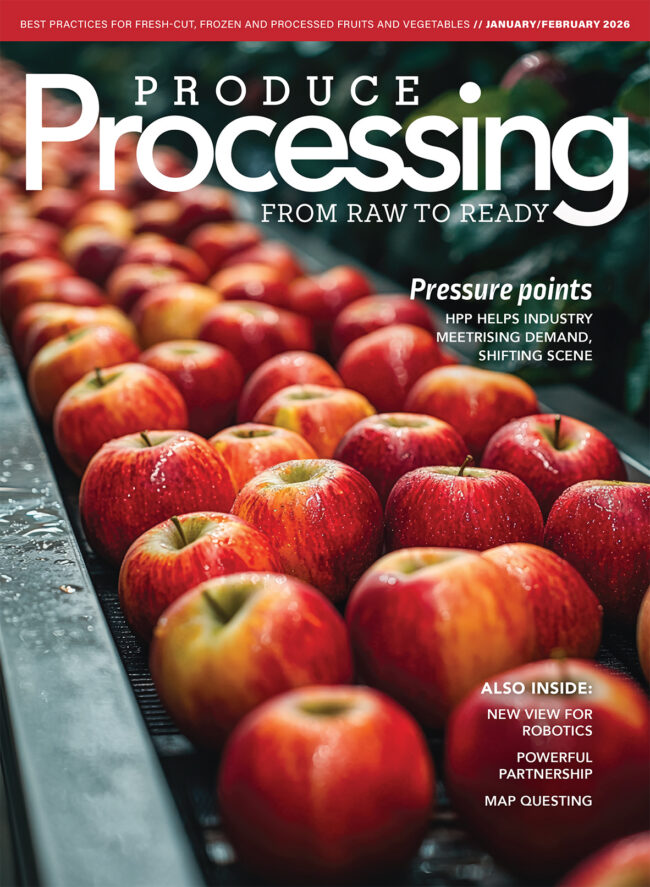Mexican tomato tariff draws mixed reaction from US growers
While some tomato growers celebrate the termination of a trade agreement that they say failed to keep imports from Mexico from flooding the U.S. market, others worry about the ramifications of a 17% tariff accompanying an antidumping duty order.
On July 14, the U.S. Commerce Department announced its withdrawal from and termination of the 2019 Agreement Suspending the Antidumping Duty Investigation on Fresh Tomatoes from Mexico.
“Mexico remains one of our greatest allies, but for far too long our farmers have been crushed by unfair trade practices that undercut pricing on produce like tomatoes. That ends today,” Secretary of Commerce Howard Lutnick said in the announcement. “This rule change is in line with President Trump’s trade policies and approach with Mexico.”
The U.S. is Mexico’s top export market, with a 93% share valued at $3 billion a year, according to the USDA’s Foreign Agricultural Service (.pdf).
The countries first struck an agreement in 1996 to regulate Mexican tomato exports and address U.S. complaints of unfair competition. That deal was renewed six years ago to avert an antidumping investigation and end a tariff dispute.
The 17.09% antidumping duty is set at the percentage by which exported Mexican tomatoes have been unfairly underpriced in the U.S., the Commerce Department said.
Mexico’s ministries of economy and agriculture said in a joint statement the U.S. decision was “unfair” and against the interests of Mexican producers and the U.S. industry, according to Reuters.
U.S. growers have long sought protections from Mexican competitors, who can often grow the fruits year-round. The 2019 agreement was intended to set a floor on pricing and provided for U.S. border inspections of crops. But U.S. growers allege the arrangement had too many loopholes that allowed for dumping of Mexican fruits.
“This decision will protect hardworking American tomato growers from unfair Mexican trading practices and send a strong signal that the Trump administration is committed to ensuring fair markets for American agriculture,” Robert Guenther, an official with the Florida Tomato Exchange, told Reuters.
Growers in other states are less enthusiastic.
“There has to be a better way of doing business than just putting duties on products that the consumers want,” NatureSweet CEO Rodolfo Spielmann, who grows greenhouse tomatoes in Arizona and Mexico, told NBC News, while U.S. Rep. Sylvia Garcia, who represents Texas’s 29th congressional district, warned on X of higher salsa prices, more expensive groceries and empty shelves.










